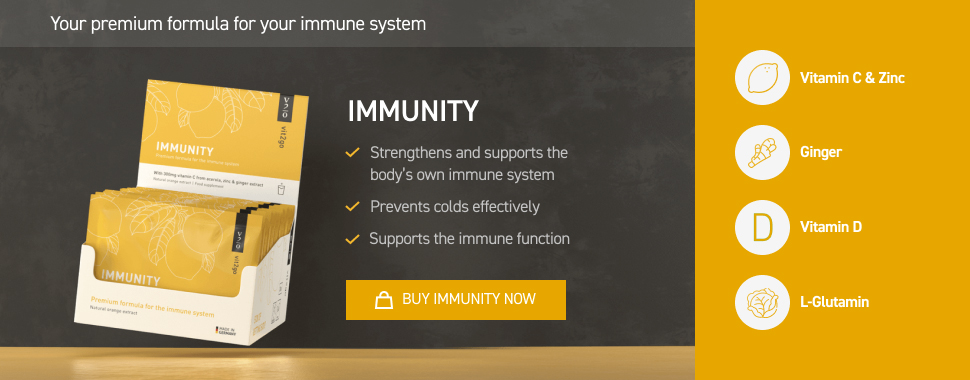
Meal prep – How it impacts your vitamin intake
Living a healthy lifestyle means eating healthy and nutritious food and maintaining a good workout and living schedule. In order to maintain all this, you really have to cook your food and stop eating processed stuff, which is why food prep is such an integral part of any healthy living plan.
Meal prep can be done in many ways, and many people, especially those who train hard, tend to prepare lots of food up front, put it all in the fridge and then use the microwave to heat it up. Whether you do this or you cook every meal fresh, there is one thing you might be forgetting about, and this is the way that meal prep can actually impact the amount of vitamins and minerals in your food.
Vegetables, meat, fish, legumes and all other foods have certain amounts of micronutrients hidden inside, which is a part of why they are so important for a healthy eating plan. However, with every food prep process, some of these valuable nutrients are lost forever.
Cooking, frying and every other method of preparation will change up the chemical composition of your food in some way. Keep reading and find out what you should be doing and what is best avoided in order to maintain a healthy level of vitamins in your meals.
Vitamin loss during cooking
Whichever method of cooking you use, whether its broiling, simmering or poaching, some nutrients will get lost in the process. The nutrients that will be lost are mostly the water soluble vitamins, vitamin C and vitamins B, which simply dissolve in the water the longer you cook your food.
Many different foods contain these vitamins and they are crucial for your health, so it is very important not to lose them in the food prep process. Some upsides to cooking include the fact the protein in cooked eggs is much more digestible than that in raw eggs as well as the fact that fatty acids are not lost during boiling as much as they are during frying.
If you do cook your food, one way to get most of the vitamins and nutrients that were lost during the process is to consume the water you used for cooking. This might not be something that everyone can stomach, but depending on what you were cooking, it might actually not be all that bad.
Vitamin loss during frying and microwaving
Grilling and frying your food will not have as much of an impact on vitamin C, which is a water soluble vitamin, but it will influence the levels of minerals such as Calcium and Potassium in the food as well as vitamins B, which are fat soluble. Grilling can also cause potentially cancer causing substances to form, so this method is definitely not recommended if you are going for a healthy lifestyle.
Microwaving is probably the least damaging preparation process in terms of nutrients because the cooking times are low and there is no water or fat involved. Some vitamin C and some other nutrients may still be lost in about 20-30% ranges, but this is much better than cooking or frying the same food.
Of course, you won’t be able to fully cook your meals in a microwave the way you would otherwise, but the amount of vitamins you save by not cooking all the way may just be worth eating food that potentially tastes a bit less good.
Compensating for the vitamin losses
Losses in vitamin and mineral levels of the food consumed can be pretty big and if you aren’t eating enough fresh food, chances are you are not getting enough of some nutrients. Worry not, as there is quite a simple solution to this and it is found in using vitamin supplements.
Vitamin supplements such as Vit2go ENERGY and Vit2go IMMUNITY are fantastic additions to any healthy diet and a way to get all the nutrients that you may have lost while you were cooking your food to make it delicious.
Not only do these products help you get enough vitamins but they also contain a number of other fantastic health benefits that you will get to experience in addition to maintaining healthy nutrient levels. This is why everyone who intends on leading any sort of a healthy lifestyle should really be looking to introduce these to their dietary routine.
Of course, getting nutrients straight from food has always been the best way to go about things, and we still recommend it, so make sure you also get a lot of good raw food with plenty of readily available nutrients and make sure not to overcook your food in order to maintain as many vitamins and minerals in it as possible. Use your microwave as a way to keep the food nutritious and tasting good at the same time.















